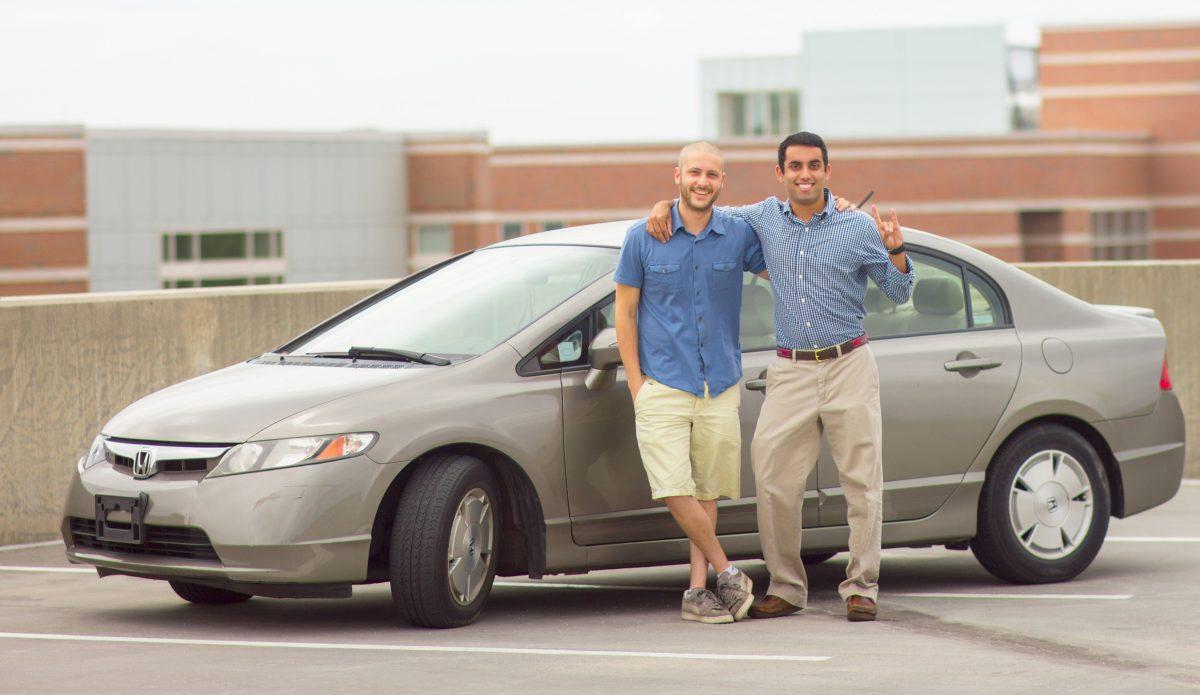Campus Cruizers, a student-run designated driving service, has recently introduced a new 2.0 system aimed at increasing student safety on campus. The updated system includes credit card payment options, new iOS and Android apps and user rating systems.
Designated driving services, commonly known as safe ride systems, have seen growing success on college campuses in recent years. Driving services currently exist in 46 states across the United States, according to the National Directory of Designated Driver Services.
The updates were developed during the summer by the creators of the service, Tomer Shvueli, a senior in computer science, and Arjun Aravindan, a senior in computer science.
Shvueli and Aravindan said they hope to reach more NC State students with Campus Cruizers’ new system.
“Our overall goal is to establish ourselves better at NC State and then try to expand to other universities in the area,” Aravindan said.
According to Shvueli, they have already seen some expansion.
The first weekend after classes started, they had about 100 requests for rides. Although last spring they had more than 3,000 calls from about 500 unique phone numbers, Shvueli and Aravindan believe the first weekend indicates a strong start.
“It’s proven to be a very useful and helpful tool for students here,” Aravindan said.
Aravindan and Shvueli worked together to create a new app for both iOS and android phones. With the app, registered users are able to request rides without making a phone call and registered drivers can then accept requests for rides based on the location and previous ratings of the rider.
A credit card payment option was also added. Although there is no set rate of payment, there is a suggested tip of two to three dollars per ride.
Shvueli and Aravindan developed a rating system for both riders and drivers as well. When drivers and riders use the app, the past ratings of other users are available to look at.
“Our goal with this is quality insurance,” Aravindan said.
Shvueli and Aravindan hope to improve campus safety with the updates to the model.
“What Campus Cruizers aims to do is eliminate all of the excuses for drinking and driving,” Aravindan said.
Although the number of users has increased with the launch of version 2.0, Campus Cruizers is still lacking student drivers.
“That’s something we need to target,” Aravindan said. “Once students figure out that they can get $100 a night and work around their own schedules, we hope to see an increase in numbers.”
Because drivers for Campus Cruizers are volunteers, they are covered by their own insurance, according to Shvueli and Aravindan.
However, numerous background checks, including verification of a valid driver’s license and complete insurance information, are required for students to become registered drivers.
Campus Cruizers started in March 2014, and according to Shvueli, he got the idea from another company at Appalachian State University with a similar goal.
“This company operated from Facebook, and I figured that there’s got to be a better way to do it,” Shvueli said.








